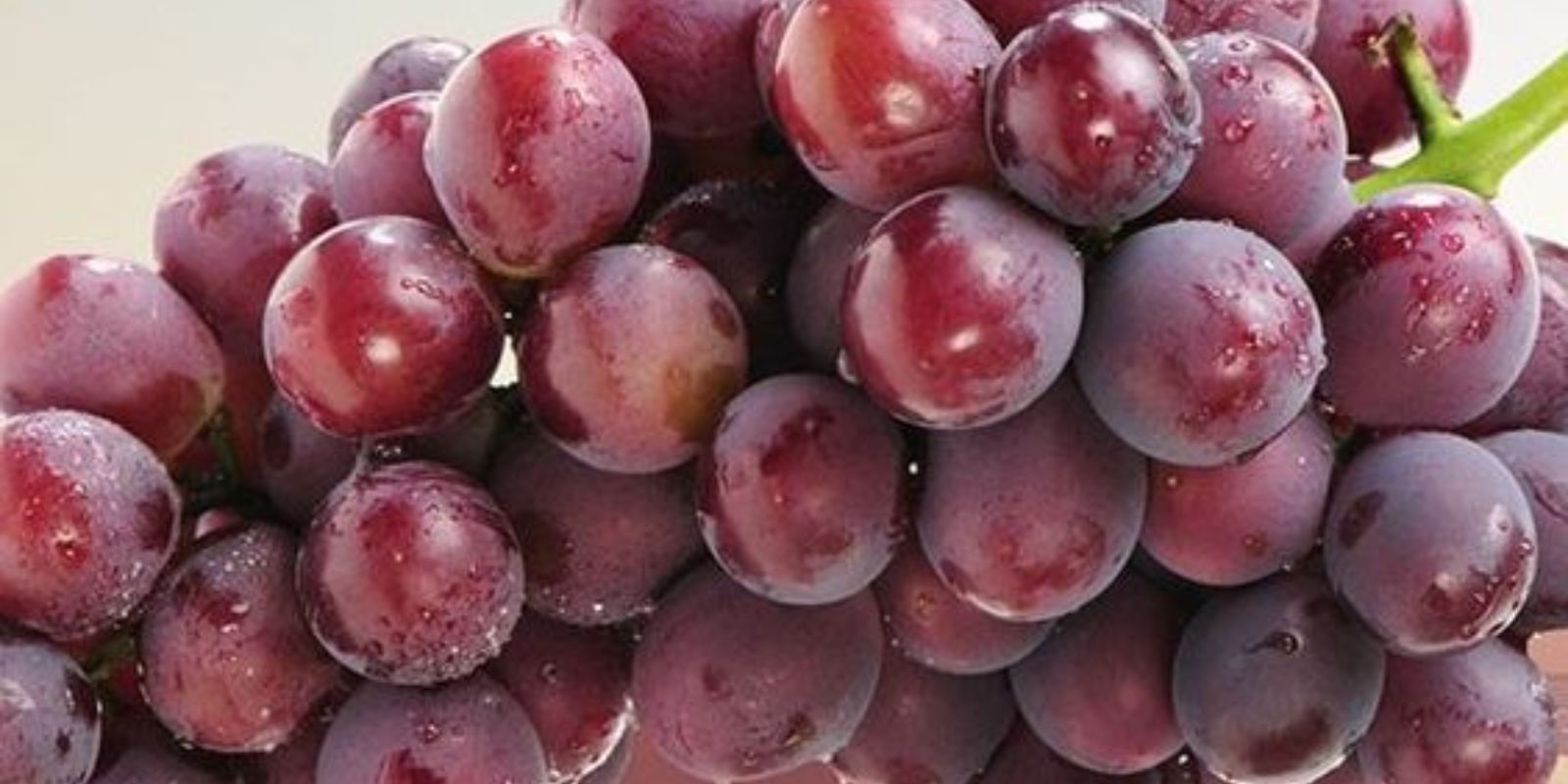Introduction
Grapes are a popular and nutritious fruit enjoyed around the world. However, many people are concerned about pesticide residues that may be present on the surface of grapes. Properly cleaning grapes not only helps remove these residues but also ensures they stay fresh and delicious for a longer period. In this comprehensive guide, we’ll explore effective methods for cleaning grapes and share tips on how to keep them fresh longer.
Understanding the Need for Cleaning Grapes
Grapes are often treated with pesticides and other chemicals during their growth to prevent pests and diseases. While these chemicals help ensure a good yield, they can leave residues on the fruit. Consuming pesticides in large quantities can be harmful to health, which is why it’s important to clean fruits thoroughly before eating them. Additionally, proper cleaning can extend the freshness of your grapes, ensuring they remain crisp and tasty.
Step-by-Step Guide to Cleaning Grapes
- Preparation and Initial Rinsing
- Gather Supplies:
- A colander or strainer
- A large bowl
- White vinegar
- Cold water
- A clean towel or paper towels
- Initial Rinse:
- Place the grapes in a colander or strainer.
- Rinse them thoroughly under cold running water. This initial rinse helps remove surface dirt and debris.
- Creating a Vinegar Solution
- Mix the Solution:
- Fill a large bowl with water.
- Add 1 cup of white vinegar to the water. White vinegar is a natural disinfectant that helps break down pesticide residues.
- Stir the mixture well to ensure the vinegar is evenly distributed.
- Soak the Grapes:
- Submerge the rinsed grapes in the vinegar solution.
- Let them soak for 5-10 minutes. This soaking period allows the vinegar to penetrate and dissolve pesticide residues.
- Thorough Rinsing
- Rinse Under Cold Water:
- After soaking, drain the grapes from the vinegar solution.
- Rinse the grapes thoroughly under cold running water. This step helps remove any remaining vinegar and ensures that the grapes are clean.
- Drying the Grapes
- Pat Dry:
- Use a clean towel or paper towels to gently pat the grapes dry.
- Be careful not to crush or damage the grapes while drying.
- Air Dry:
- Alternatively, you can spread the grapes out on a clean paper towel and allow them to air-dry. Ensure that they are spread out in a single layer to promote even drying.
- Proper Storage
- Use a Perforated Bag or Container:
- Store the cleaned grapes in a perforated plastic bag or container. The perforations allow for air circulation, which helps prevent moisture buildup and mold growth.
- Refrigerate:
- Keep the grapes in the refrigerator to maintain their freshness. Proper refrigeration helps extend the shelf life of the grapes.
Tips for Keeping Grapes Fresh Longer
- Avoid Washing Until Ready to Eat:
- If possible, avoid washing grapes until you are ready to eat them. Excess moisture can lead to mold growth and spoilage.
- Check for Overripe Grapes:
- Regularly check the grapes for any overripe or moldy ones and remove them immediately. This helps prevent the spread of spoilage to the remaining grapes.
- Use Vinegar Solution Sparingly:
- While the vinegar solution is effective, using it too frequently may affect the taste and texture of the grapes. Only use it when necessary.
- Consider a Commercial Produce Wash:
- For added assurance, you can use a commercial produce wash designed to remove pesticides and contaminants. Follow the manufacturer’s instructions for best results.
Health and Safety Considerations
Properly cleaning grapes is an essential step in ensuring they are safe to eat. Pesticide residues can have long-term health effects, so taking the time to clean your fruit thoroughly is a worthwhile effort. Additionally, maintaining good hygiene practices in the kitchen, such as washing hands and cleaning surfaces, further reduces the risk of contamination.
Conclusion
Cleaning grapes to remove pesticides and extend their freshness is a simple yet important process that can enhance both the safety and enjoyment of your fruit. By following the steps outlined in this guide, you can ensure that your grapes are not only free from harmful residues but also stay fresh and delicious for longer. Remember, a little effort in the kitchen can go a long way in improving your overall health and culinary experience.
Motivational Sentence
Are you ready to enjoy cleaner, fresher grapes right from your kitchen? Follow these easy steps to make sure your grapes are as safe and delicious as possible. Share your experience and stay connected for more tips and recipes that will make your daily life healthier and more enjoyable!

